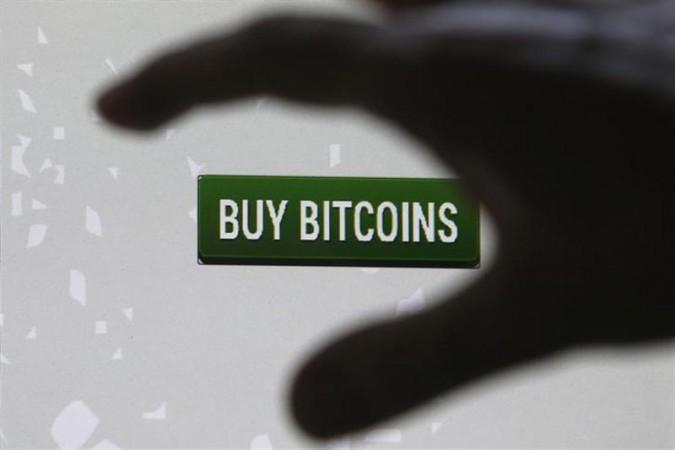
Cryptocurrency opponents have a new weapon in their arguments after research showed bitcoin's blockchain technology is increasingly used for illegal activities such as child pornography.
Researchers at Germany's RWTH Aachen University discovered that blockchain technology contained links to child pornography websites and a possible image of a "mildly nude" minor.
"While most of this content is harmless, there is also content to be considered objectionable in many jurisdictions, e.g., the depiction of nudity of a young woman or hundreds of links to child pornography," the paper read.
The researchers found 1,600 instances in which transactions on the blockchain included non-financial information and since blockchain is immutable, users who were downloading it also downloaded links to child porn.
After their investigation, the researchers unearthed 274 links to child pornography sites but this is not the first time warnings over the ability to store non-financial data within the blockchain have been issued.
As the Guardian pointed out, Interpol warned in 2015 that the blockchain has the potential to spread malware files, but the issue of child pornography is a much bigger issue with wider implications.
Since bitcoin has buyers and traders all over the world, items in the blockchain also raise questions about legality in other nations.
"In China, the mere possession of state secrets can result in longtime prison sentences. Furthermore, China's definition of state secrets is vague and covers, e.g., activities for safeguarding state security. Such vague allegations with reference to state secrets have been applied to critical news in the past," the researchers said in a note.
The research findings have the potential to derail the entire multi-billion dollar blockchain industry and spoil the recent bitcoin rally after the Group of 20 nations didn't call for tighter regulation.
The largest digital currency jumped as much as 5.5 percent to $8,889 in morning trades after dropping below $8,000 to a one-month low on Monday.















